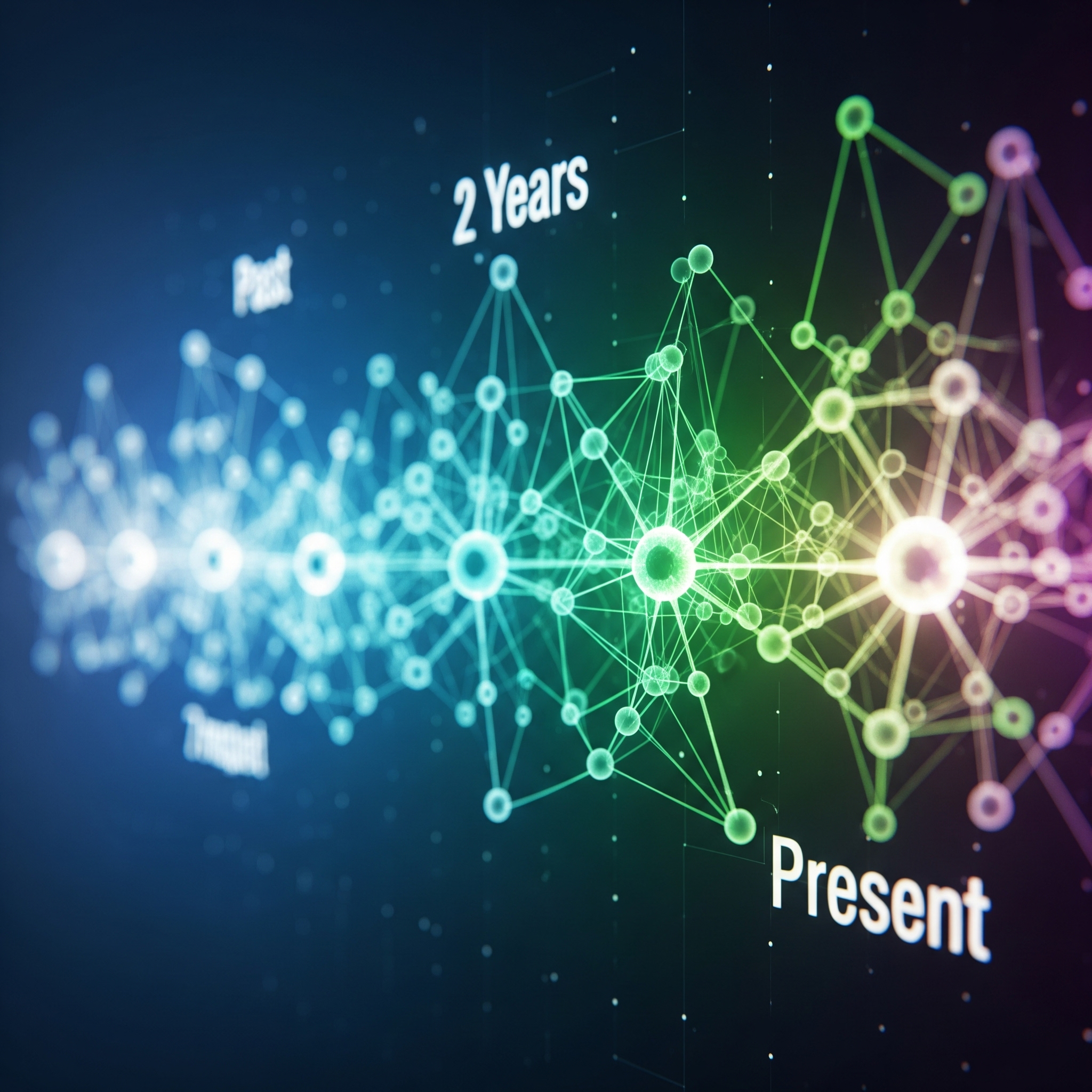AI in B2B SaaS: What's Changed in Two Years?

On a 2023 episode of AskAVC, Ryan and former Entrepreneur in Residence, Ajay Awatramani, discussed a future where AI would be so baked into B2B SaaS, it'd sound a little ridiculous to call a company "an AI company," just like calling one "a cloud company" today. Turns out, that prediction was pretty spot on.
The conversation has shifted from "Will AI work?" to "How do we make our AI-powered products work better?" Two years later, let’s take a look at some of the topics discussed that are still largely relevant today and how they’ve evolved.
AI as a Productivity Engine 🚀
As predicted, productivity is one of the most significant and measurable impacts of AI. Generative AI tools have made it easier for knowledge workers to automate routine tasks, from drafting emails to summarizing documents. A study from the National Bureau of Economic Research (NBER) found that access to a generative AI tool increased the productivity of customer support agents by an average of 14%, with the largest gains (up to 35%) seen among less-experienced workers.
This productivity boost isn't just about saving time; it's about freeing up human capital to focus on more creative and strategic work.
The Role of Data 💾
Data is the lifeblood of AI. This remains absolutely true. The performance of any AI model is directly tied to the quality, quantity, and variability of the data it's trained on. This is why many companies are now focused on building proprietary datasets or pipelines that can fuse public data with their own internal, private data. This gives them a significant competitive advantage over companies that are just using general-purpose AI models.
For B2B SaaS, this means that the value of the software isn't just in the AI itself, but in the unique and valuable data it has access to and the way it leverages that data to solve specific problems for customers.
The Future of B2B SaaS 🔮
As predicted, AI has become a part of the very fabric of B2B SaaS. AI is no longer a separate feature; it's integrated into practically everything from sales and marketing to customer support and product development.
- Customer Experience (CX): AI-powered chatbots and virtual assistants are now commonplace, providing instant, 24/7 support and freeing up human agents for more complex issues.
- Sales and Marketing: AI is used for predictive lead scoring, hyper-personalization, and creating targeted ad campaigns. It helps sales teams identify and prioritize the most promising leads, improving efficiency and conversion rates.
- Product Development: AI tools assist developers with everything from generating code and debugging to analyzing user behavior to improve product features.
The conversation has evolved beyond just the hype of generative AI. Today, companies are focused on how to ethically and strategically implement AI to achieve tangible business outcomes and get customers that guaranteed ROI.
Peep the original two-part discussion below:
Contributed by Storm Ventures Team Members: Sam Westmore, Marketing & Operations Manager, Ryan Floyd, Partner, and Ajay Awatramani, Former EIR.

.png)